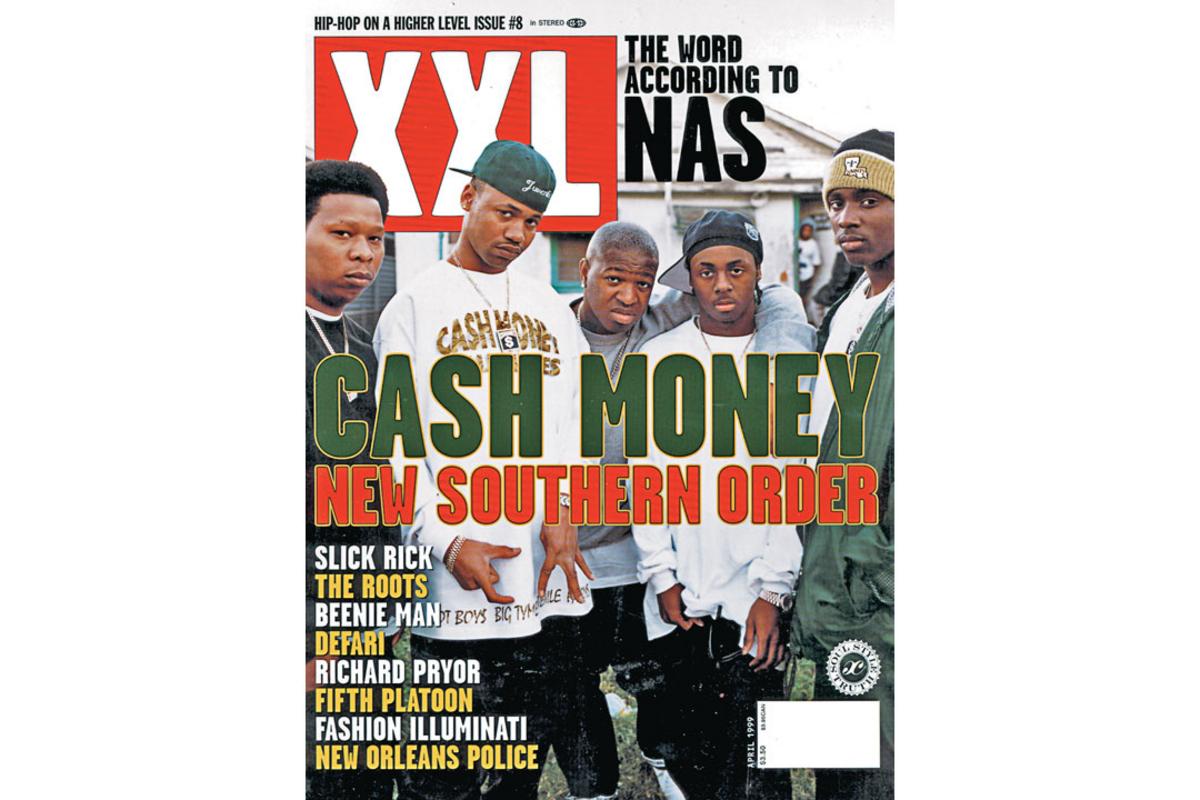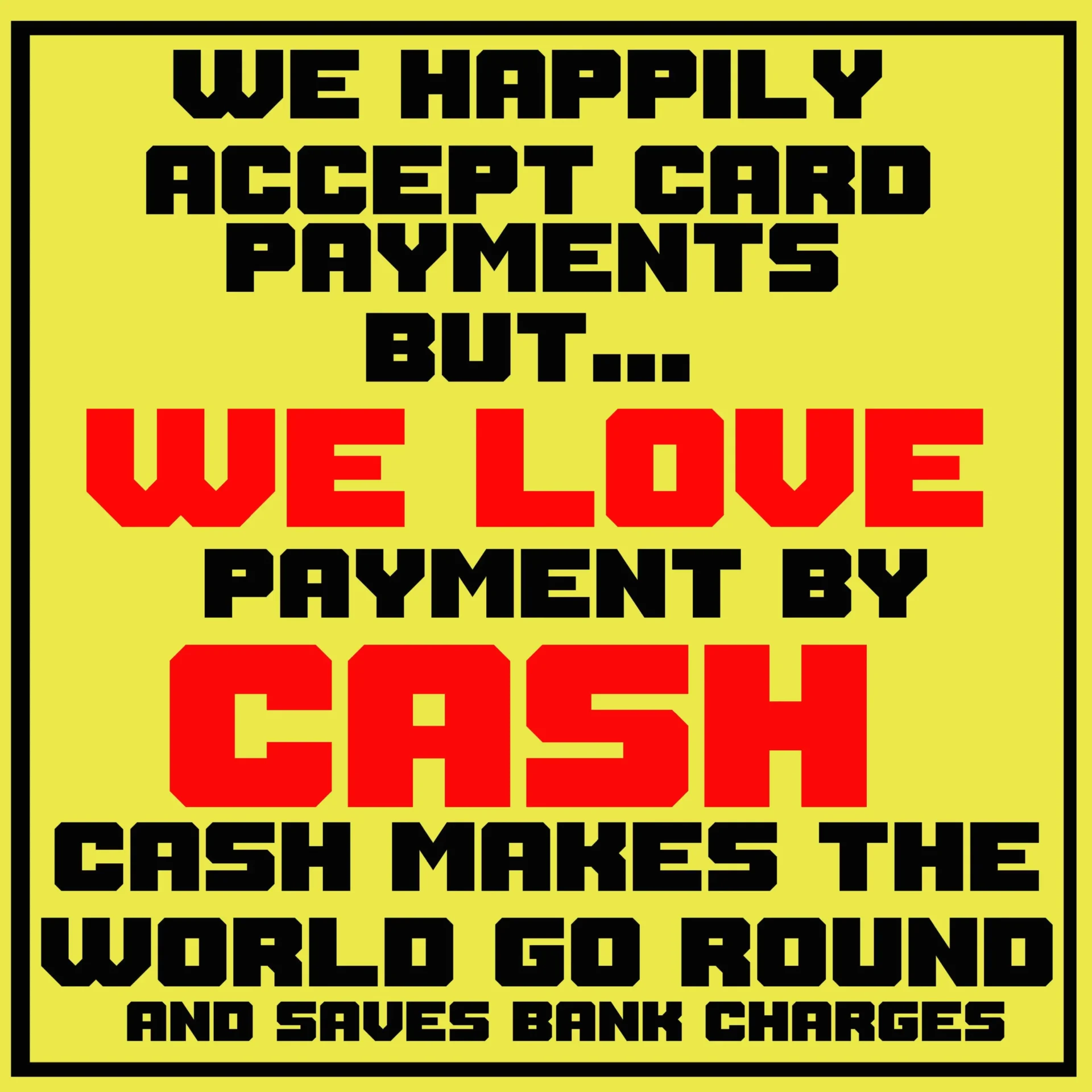If you've ever heard the phrase “Cash Money took over” and wondered exactly when that happened, you're not alone. The question “what year did Cash Money take over” pops up quite often when people talk about hip-hop history and the rise of influential record labels. It's a question that mixes nostalgia with curiosity, and for many fans, it's about pinpointing the moment Cash Money Records truly stepped into the spotlight.
So, why does this matter? Well, Cash Money Records isn’t just another record label. It helped shape the sound of hip-hop in the late '90s and early 2000s. The label launched the careers of major artists like Lil Wayne, Drake, and Nicki Minaj, and its influence still echoes today. The year Cash Money “took over” is more than a date—it's a cultural milestone. And yes, we’re going to break it down clearly and concisely, using verified facts and a bit of storytelling flair.
Before we dive into the timeline and answer the big question, let’s set the stage a bit. Cash Money Records was founded in 1991 by brothers Bryan “Birdman” Williams and Ronald “Slim” Williams in New Orleans. But the real magic? That started happening a bit later. So, let’s go through the years, the moments, and the music that defined when Cash Money really started making its mark.
Table of Contents
- Early Years of Cash Money Records
- The Breakthrough Year: 1998
- Cash Money in the 2000s: The Takeover Era
- Legacy and Impact Today
- Frequently Asked Questions
Early Years of Cash Money Records
Cash Money Records started small. Bryan and Ronald Williams launched the label out of their hometown, New Orleans, in 1991. At first, they focused on local talent, especially from the Southern hip-hop scene. They signed artists like KLC, DJ Chose, and Partners N Crime, but things didn’t really take off until they brought in a young rapper named Lil Wayne.
Lil Wayne, or “Weezy F Baby” as he was known back then, signed with Cash Money at just 14 years old. His early albums, like Young Mula Baby (1995) and Get Off the Dance Floor (1997), didn’t set the charts on fire, but they built a fan base. The label was still flying under the radar, known more in the South than nationally.
By the late '90s, Cash Money was building its own unique sound—bouncy beats, catchy hooks, and a signature style that was fresh and hard-hitting. They started gaining attention, but it wasn’t until a certain year that everything changed. A year that many fans and music historians point to as the moment Cash Money Records truly took over.
The Breakthrough Year: 1998
So, what year did Cash Money take over? Many sources, including Billboard and Rolling Stone, point to 1998 as the year Cash Money Records started gaining major traction. That year, the label released 400 Degreez by Juvenile, which became a huge success. The album went platinum and featured the hit single “Ha,” produced by Mannie Fresh.
That track alone was everywhere. It was played on the radio, in clubs, and at parties. Juvenile’s success opened the door for other Cash Money artists. B.G., known then as Baby Gangsta, released Chopper City in the Ghetto, which also performed well. Meanwhile, Lil Wayne was gaining momentum with his album The Block Is Hot, which debuted at number three on the Billboard 200.
- 1998 hits:
- Juvenile – “Ha”
- Lil Wayne – “Tha Block Is Hot”
- B.G. – “Bling bling”
These releases weren’t just popular in New Orleans. They reached mainstream audiences and radio stations across the U.S. It was the year Cash Money started to build its national reputation. So, while the label had been around since 1991, 1998 was the year it really started to take over.
Cash Money in the 2000s: The Takeover Era
If 1998 was the starting point, the early 2000s were when Cash Money Records fully cemented its dominance in hip-hop. By 2005, the label had signed Lil Drake, better known as Drake, and later brought on Nicki Minaj, both of whom would become global superstars. But before that, they had a powerhouse roster.
One of the most pivotal moments was the release of Lil Wayne’s Tha Carter series, starting in 2004. That album, followed by Tha Carter II in 2005, solidified his status as a rap icon. Around the same time, Cash Money inked a major distribution deal with Universal Records, giving them the reach and resources to compete with the top labels in the game.
So, while 1998 marked the start of their mainstream success, the years between 2003 and 2007 were when Cash Money truly took over. Their sound, style, and roster dominated the airwaves. You couldn’t turn on the radio without hearing a Cash Money track.
Legacy and Impact Today
Even today, Cash Money Records holds a special place in hip-hop history. Their influence can be heard in the music of newer artists, and their roster has helped shape modern rap culture. Lil Wayne, Drake, and Nicki Minaj all became household names thanks to the foundation Cash Money built.
Though the label has gone through changes, including legal disputes and internal conflicts, its legacy is undeniable. From 1998 onward, Cash Money made a lasting impact on the music industry. The year they took over might be debated, but 1998 is often cited as the starting point of their rise to national fame.
Looking back, it’s clear that Cash Money didn’t just take over in one year—it built momentum over time. But if you had to pick a year when they started to dominate, 1998 is the most accurate answer.
Frequently Asked Questions
What year did Cash Money Records start?
Cash Money Records was founded in 1991 by Bryan “Birdman” Williams and Ronald “Slim” Williams in New Orleans, Louisiana.
Who were the original artists signed to Cash Money?
Some of the original artists included Partners N Crime, KLC, DJ Chose, and later Juvenile, B.G., Lil Wayne, and Mannie Fresh.
What was Cash Money’s first major hit?
One of their first major national hits was Juvenile’s “Ha” in 1998, which helped put Cash Money on the map.
Learn more about the rise of hip-hop labels and their impact on music culture by checking out our other posts on record label history here.



Detail Author:
- Name : Mr. Al Bailey
- Username : antonina55
- Email : monahan.verlie@hotmail.com
- Birthdate : 1981-12-12
- Address : 8731 Nellie Square Suite 337 West Angelita, WY 13630
- Phone : +1-440-676-9094
- Company : Tromp, Herman and Marquardt
- Job : Bicycle Repairer
- Bio : Autem sint sed porro magni quod quos neque. Dolorem non harum mollitia quia perferendis veniam asperiores. Labore dolores qui quia omnis. Mollitia reprehenderit ab voluptas delectus officiis numquam.
Socials
twitter:
- url : https://twitter.com/gersonrowe
- username : gersonrowe
- bio : Sit quae beatae non. In cumque laudantium quia ut aut. Nostrum eaque id dolorem magnam.
- followers : 3405
- following : 259
facebook:
- url : https://facebook.com/growe
- username : growe
- bio : Recusandae id et non iste enim corporis saepe.
- followers : 1750
- following : 2210
instagram:
- url : https://instagram.com/gerson_real
- username : gerson_real
- bio : Laborum possimus consequatur eligendi voluptatum. Tempora et occaecati corporis qui et.
- followers : 5890
- following : 14

